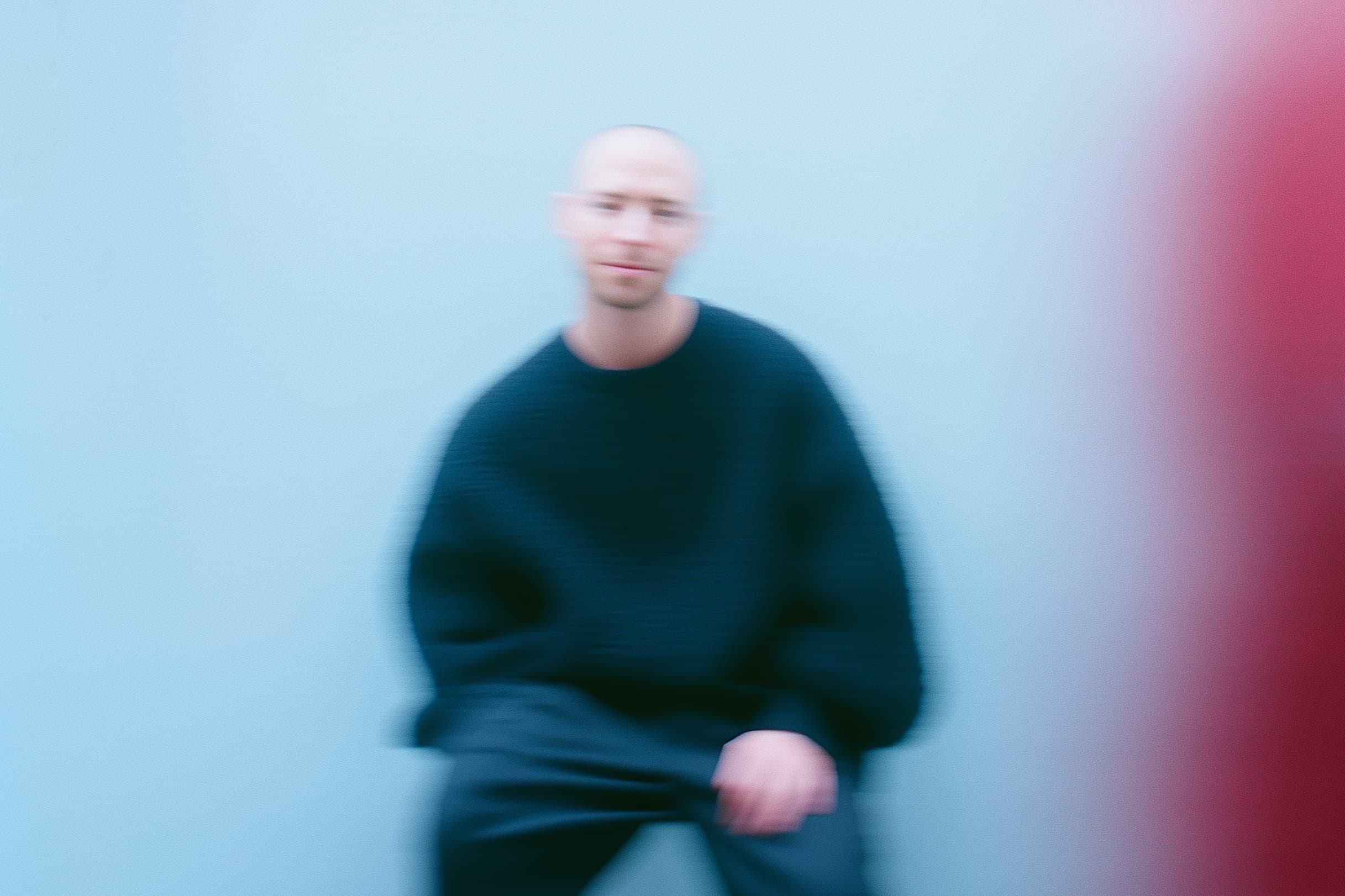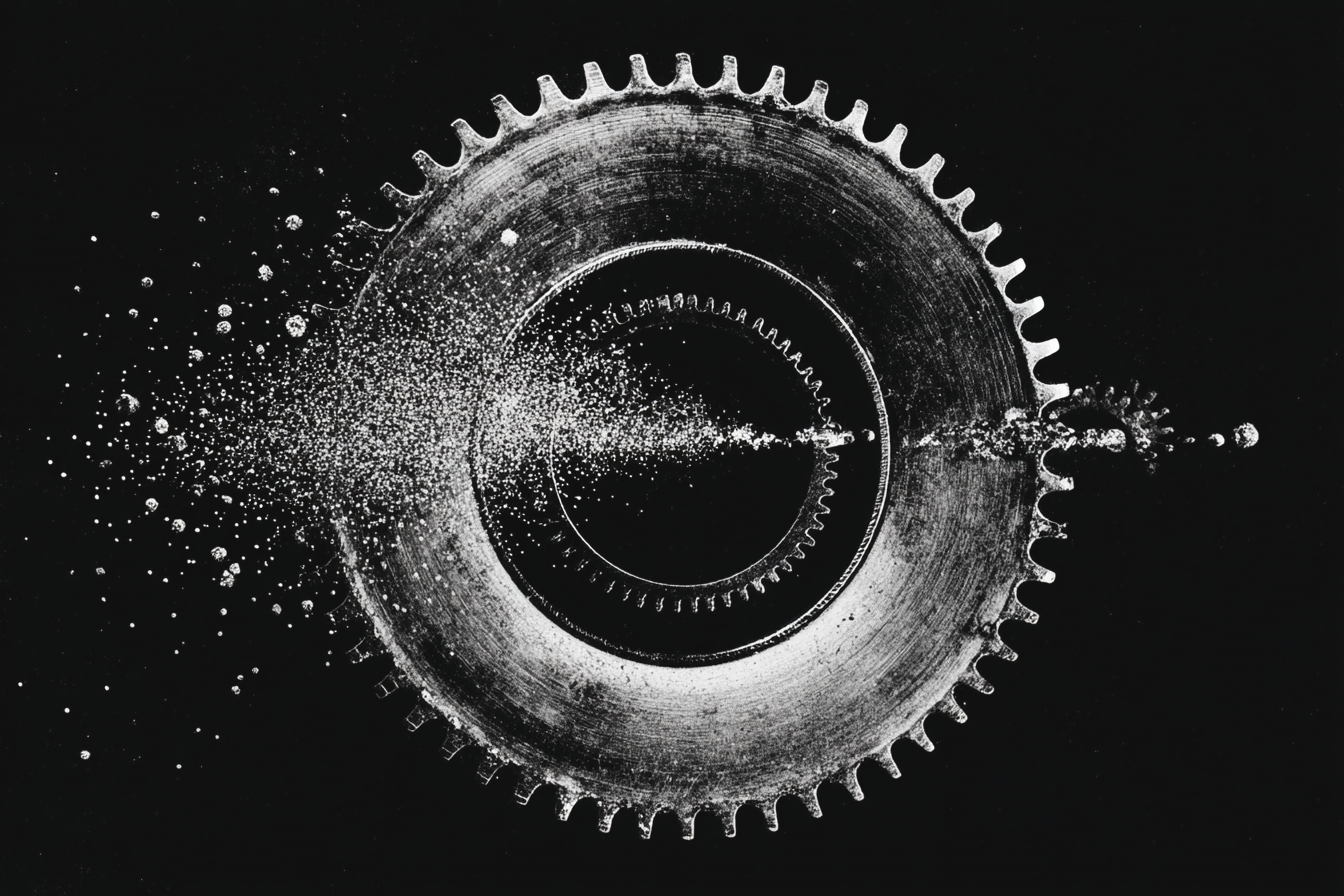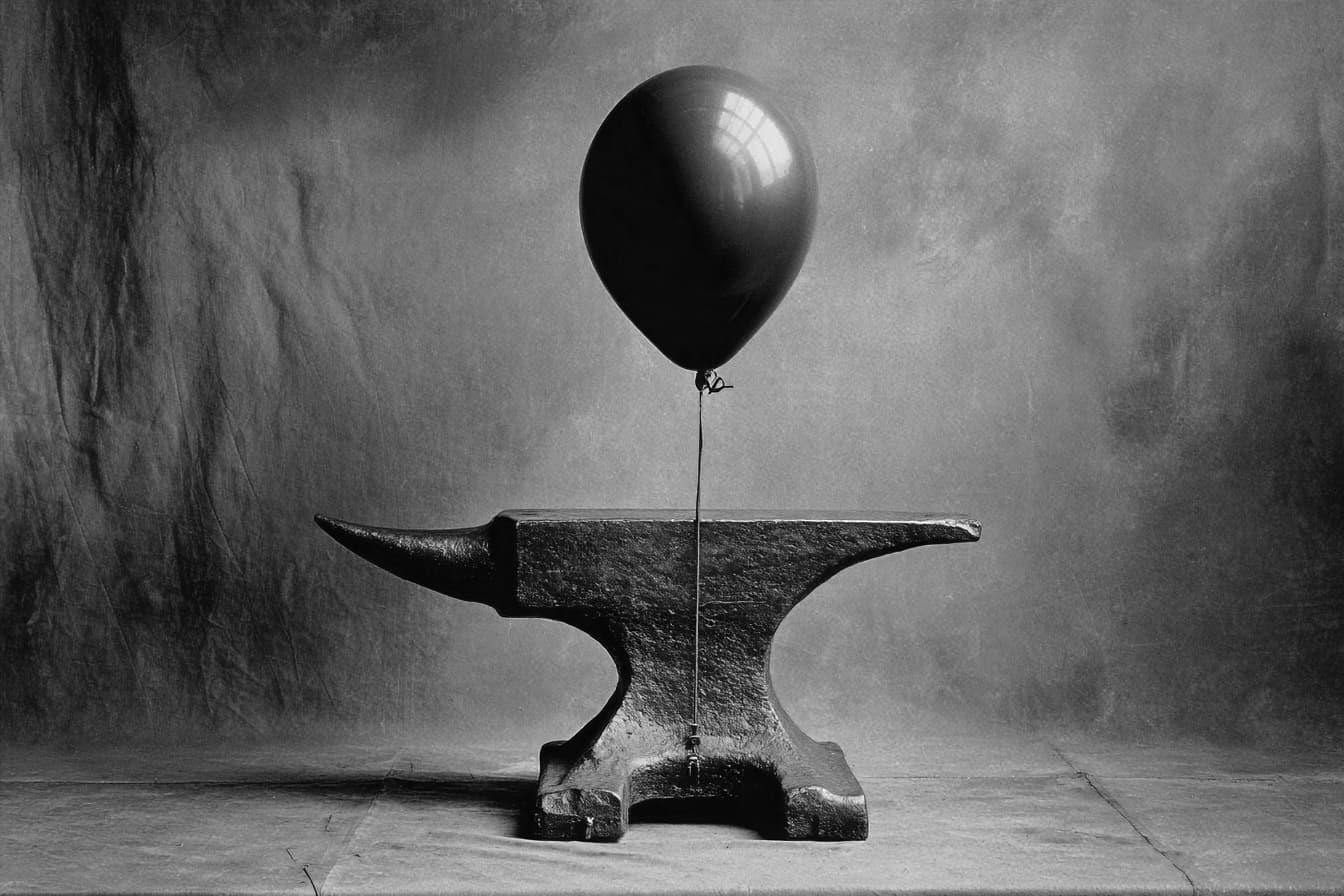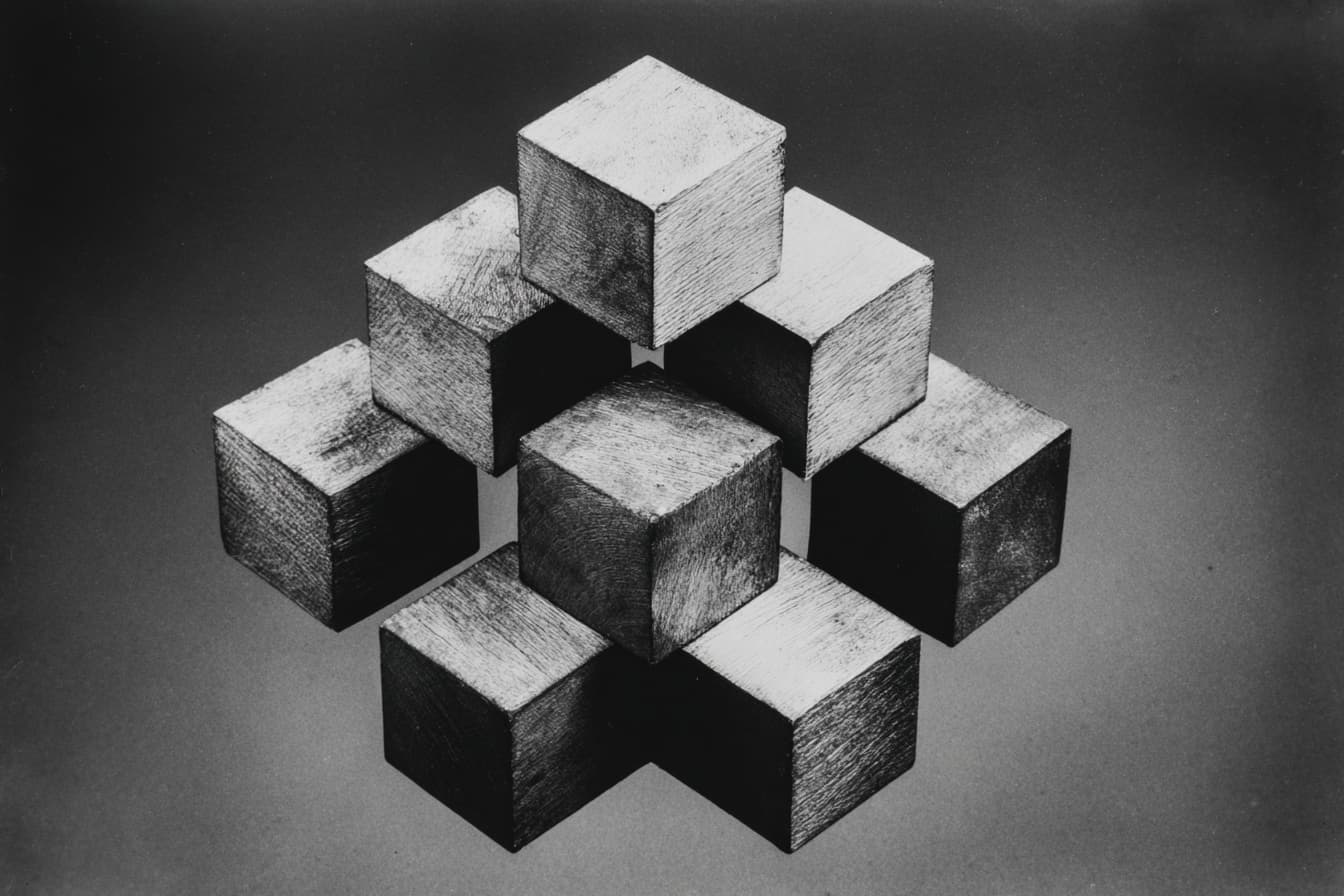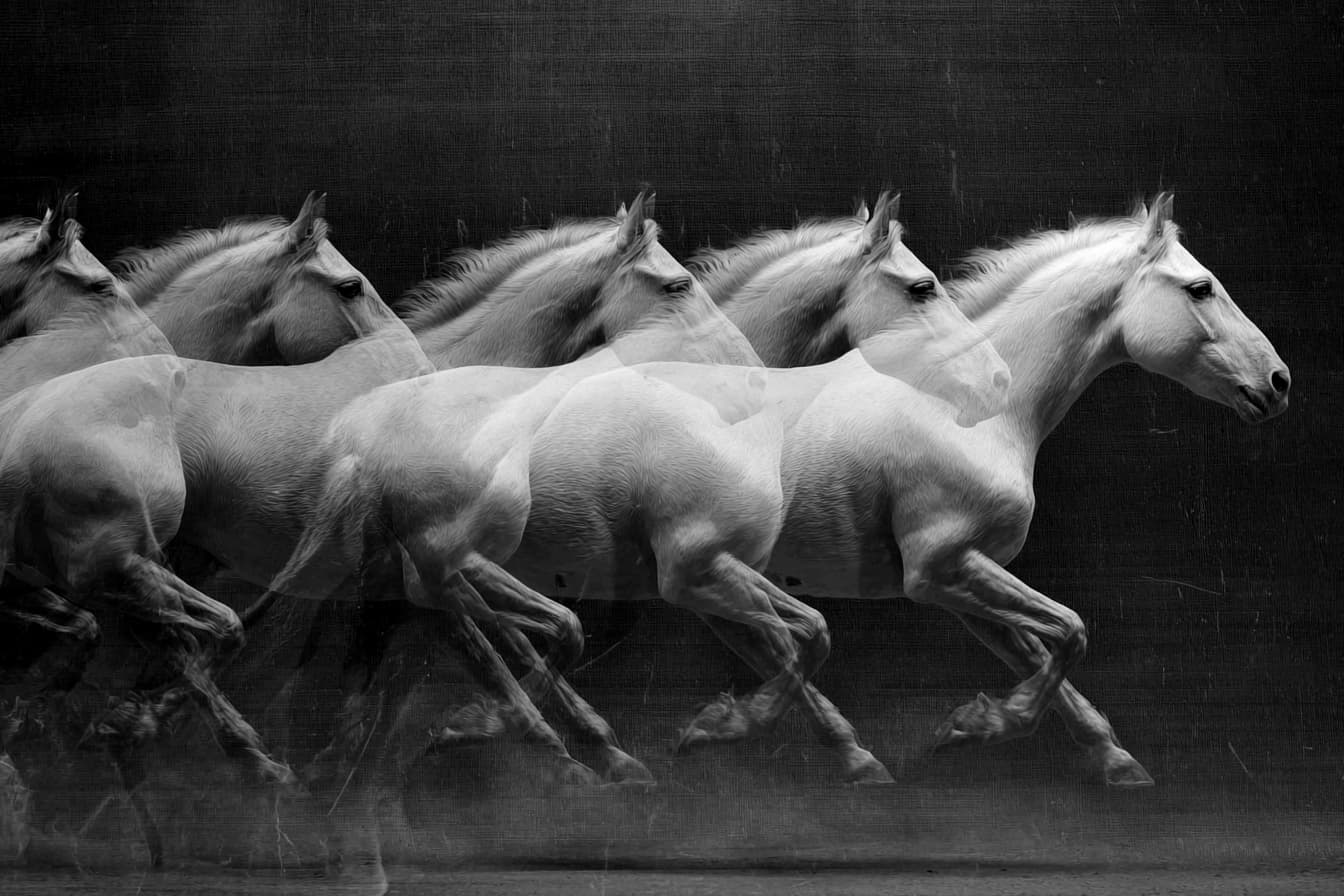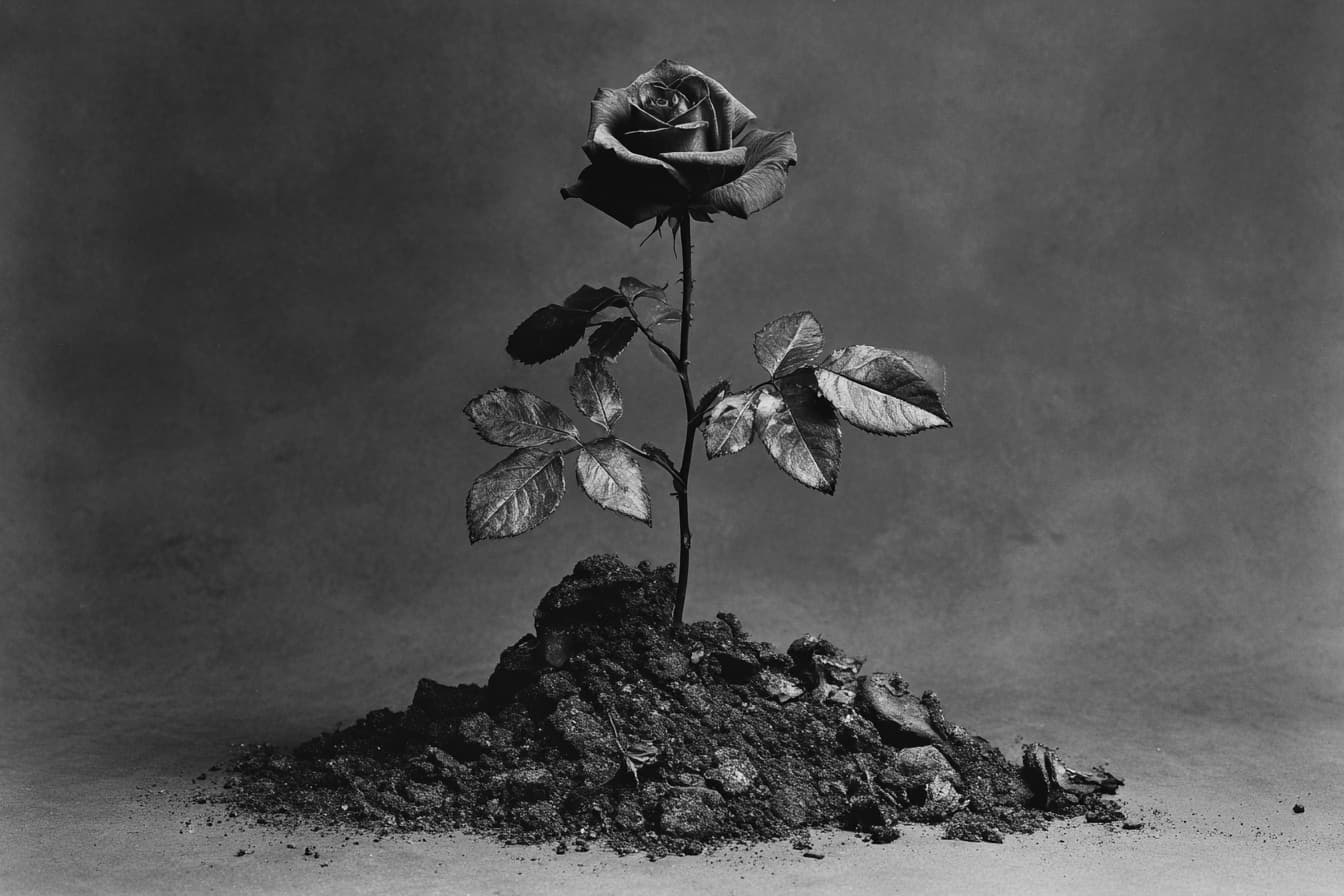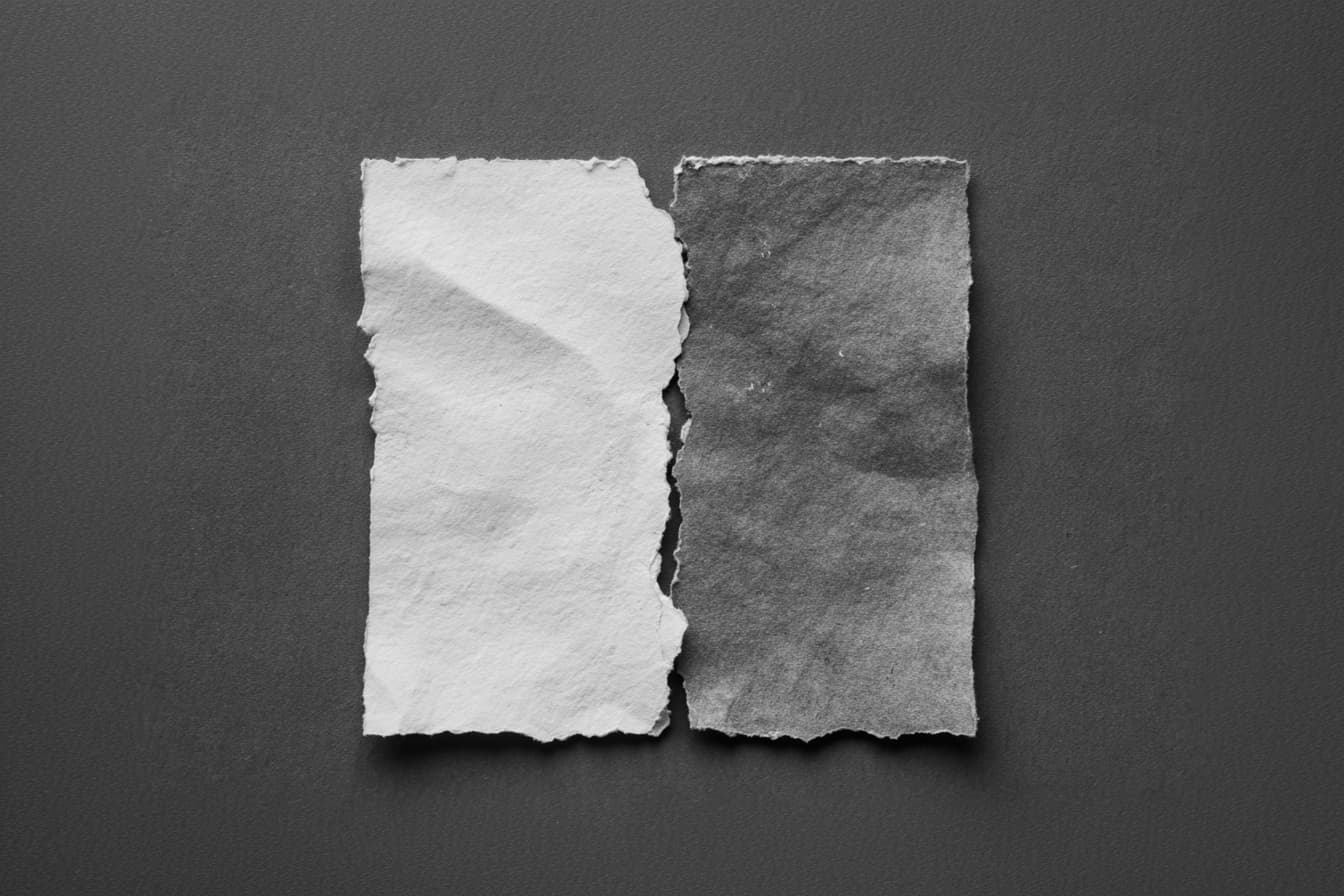There Is No Catching Up
It’s hard to hold it all in your head. All the different possible ways that you can enjoy life. Or not enjoy life. And all the things that are going on. The different rug patterns. The different car designs. The different radio shows that are coming and going. The new ads. The new crop of famous people.
It’s a joy to read Nicholson Baker’s The Anthologist as I work on a book of my own. Baker’s book is about Paul Chowder, a down-and-out free-verse poet who’s crafted a first-person tomb about the joys of poetry and meter, and the pains of your art and girlfriend leaving you at the same time.
I forgot who said this, but someone once told me that we come to other people’s creative work out of a secret desire and hope that someone understands us better than we understand ourselves. We come to Austen and Kubrick and Basquiat and Aretha under the hopes that they have the same acute feelings, but more able hands and voices that can some how capture that fleeting emotion and crystalize it. We quote, because someone said it better than we can.
But, some days I want it all to stop. I can’t keep up.
And then there is, of course, always, and inevitably, this spume of poetry that’s just blowing out of the sulphurous flue-holes of the earth. Just masses of poetry. It’s unstoppable, it’s uncorkable. There’s no way to make it end. If we could just… just stop. For one year. If everybody could stop publishing their poems. No more. Stop it. Just… everyone. Every poet. Just stop.
There is so much promise. Buttons to push to make words and pictures and films and stories, then the tubes to push them through to capture audiences with meaningful experiences. There is so much opportunity for connection. And so it goes. The work billows out. Most of it is waste, chew-toys for the ruminent mind. But finding connection in creative work is mining for diamonds, not harpooning fish in a kiddie-pool. And developing those capable hands and voices takes time and practice. (And produces a lot of work that is just rubbish.)
But of course that’s totally unfair to the poets who are just starting out. This may be their “wunderjahr.” This may be the year that they really find their voice. And I’m telling them to stop? No, that wouldn’t do.
But still, the never-ending desire to “catch up,” to process it all, and just to feel like you’re on top of things. Catching up would be easy if I weren’t so curious as to what was happening in the periphery, if I gave up on the idea of a polymath and “wide and shallow.” You can’t win with “narrow and deep,” either (because that makes you boring at dinner), so is narrow and shallow the only option left? I hope not.
But wouldn’t it be great? To have a moment to regroup and understand? Everybody would ask, Okie doke, what new poems am I going to read today? Sorry: none. There are no new poems. And so you’re thrown back onto what’s already there, and you look at what’s on your own shelves, that you bought maybe eight years ago, and you think, Have I really looked at this book? This book might have something to it. And it’s there, it’s been waiting and waiting. Without any demonstration or clamor. No squeaky wheel. It’s just been waiting. If everybody was silent for a year… if we could just stop this endless forward stumbling progress… wouldn’t we all be better people? I think probably so. I think that the lack of poetry, the absence of poetry, the yearning to have something new, would be the best thing that could happen to our art. No poems for a solid year. Maybe two.
A year with no poems. A week with no news. A day without kerranging. I don’t long for focus. I long for negative space. Pause. Full rest. Declaring a space that is to remain empty, with the presumption that because a portion is left vacant, it makes the whole better.
Pause. The world will keep charging and accelerating. But, as my friend Drew said, “There is no catching up.” And because of that, I raise my white flag, and crack another dusty spine.
